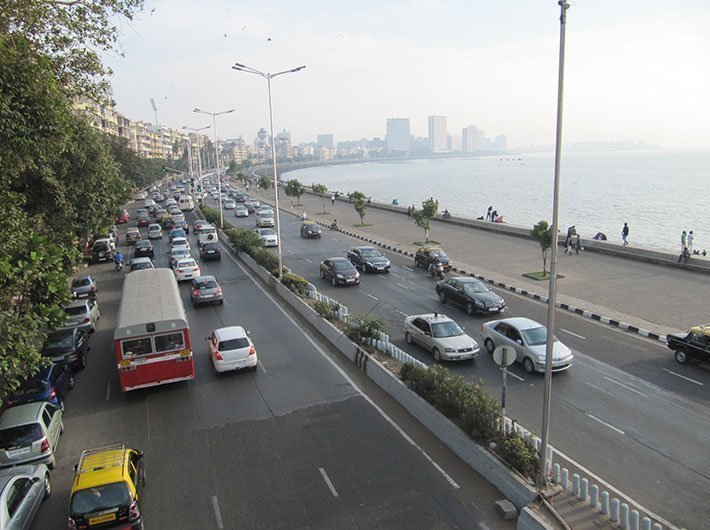Health officials from capital visited the city to study Covid-19 response following supreme court advice
A team of the Delhi government’s health department has visited Mumbai to learn from the city’s officials how to battle Covid-19 more efficiently, following the supreme court’s advice last month that the capital should learn from the ‘Mumbai model’ that has successfully controlled the second wave.
The BMC officials told the Delhi team, led by Dr Sanjay Agarwal and Dr Dharmendra Kumar, about the levels of action they had taken through decentralization of ward war rooms, successful management of oxygen supply and setting up of jumbo hospitals in a short span of time.
"At the end of this visit, the Delhi Government team said that the work done by BMC is exemplary and the ''Mumbai model'' will be implemented in Delhi soon," the BMC said in a release Wednesday.
During June 7-8, the delegates visited different places to see how the model has been implemented at various levels within the BMC. They were taken to the Municipal Jumbo Covid Hospital in Goregaon and Seven Hills Hospital in Andheri, and acquainted with the management of the hospital. To understand the decentralised working of Ward War Room, the officials visited ward war rooms of D and K/East wards and explained about the BMC’s management of Covid-19 patients and bed allotment.
At the ward war rooms, the team was taken through the entire process which starts with sending of medical test reports of people infected by Covid-19 to the ward war room. After this the patients are given basic counselling over telephone. As per the requirement, the team of the BMC then goes to the home of the person and conducts the necessary medical examination. In the meanwhile, as per the medical treatment order, the patient is admitted to a private or public hospital.
In case of oxygen management, the BMC supplies oxygen to the hospitalized patients as per medical treatment order and as per requirement. Through strict planning and management of oxygen supply, the civic authority has been able to maintain required supplies of oxygen in municipal hospitals.
For this the civic authority trained some nurses at the hospital level for oxygen management and also deputed oxygen supply technicians for constantly working in all hospitals for monitoring of oxygen supply and taking appropriate action.
After a huge spike of Covid cases in Delhi last month, the supreme court had said, “The Bombay Municipal Corporation has done some remarkable work and not disrespecting Delhi, but we can maybe see what was done by BMC.” The apex court had said that the centre and the Delhi government's health secretary should draw on the expertise of BMC commissioner Iqbal Singh Chahal’s ‘Mumbai model’ to construct oxygen storage tanks in the national capital.
Comparing oxygen management at Mumbai and Delhi govt hospitals, the 1,800-bed Seven Hills Hospital under BMC jurisdiction had sufficient supply with 18 metric tonnes of oxygen vis-à-vis a Delhi government-run hospital with the same number of beds required 32 metric tonnes of oxygen per day.
The representatives also learned how Jumbo hospitals were set up in a short span of time and how they are being managed. They visited the Jumbo Covid Hospital at Nesco Exhibition Centre in Goregaon and had a detailed look at the facilities available there along with various measures being taken. Here, they were provided with detailed information about ‘dialysis bed’, ‘ICU bed’ and ‘oxygen bed.’
While talking to senior doctors of Nesco Jumbo Covid Hospital, the officials said that Jumbo Hospitals will be set up in Delhi soon, following the same model.
For beds, BMC set up six temporary jumbo Covid hospitals in a short period of time. These six hospitals have 8,915 beds and continuous and consistent manpower of more than 4,000 people.
The officials praised the system of distribution of 80 percent of beds and all beds in the intensive care units of private hospitals in BMC area through the BMC ward war room and said, “We are overwhelmed to see the positive and active contribution of private hospitals in this system and plan to implement the Mumbai Model in Delhi soon.”
Additional Municipal Commissioner (Western Suburbs) Suresh Kakani held a special meeting with detailed discussions and computer presentations.



